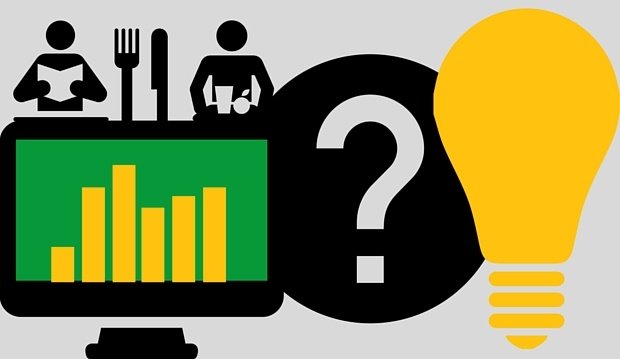9 Common Questions About Financing a Franchise Purchase

You’ve done all the research, found the perfect concept, and dreamed big. Now it’s time to put those franchising dreams into reality. The next step is financing your franchise. Determining your net worth, liabilities, business plan, which loan to get, who to get it from, the list goes on and on of questions that need answering when financing. Luckily you aren’t alone - here are 9 common questions about financing a franchise. If you want to learn even more, download our 10 Things To Know Before Opening A Restaurant Franchise PDF!
1. Where should I start?
Start with family and friends. You will need their familial support before during and after your acquisition of a franchise, so getting them excited right at the beginning is the best time to start. This is the most common source of start up capital and hopefully they’ll be excited about your business venture.2. What other avenues can I consider outside of conventional loans?
After looking for start-up capital from friends and relatives, there are many other alternatives to explore. Home mortgages, veterans' loans, traditional bank loans, SBA loans, and specialized financing companies are all good places to look. There's no "one stop shop" for financing; based on the size and terms of the loan you're looking for, you may need to explore a combination of options.3. What is SBA?
SBA, or United States’ Small Business Association, is an organization focused on helping entrepreneurs improve their current business, finding capital to start one, and helping small business owners take advantage of contracting opportunities. The goal is is to help potential small business owners find financing who may not qualify for traditional loans.4. What should I do in preparation before going to lenders?
Be sure to determine your net worth, your credit score, income, and take a good look at your track record. Lenders will be looking for a good credit rating and a strong track record of the ability to live within your means. Some people make well over $100,000 a year but still spend beyond their means, while others make $20,000 a still manage to save. Be sure to also have in your folder your past tax returns and highly detailed business plan.5. How do I determine my net worth?
You need to determine your assets (what you have) and liabilities (what you owe). For assets include cash on hand, real estate, checking and savings account, automobiles, bonds, securities, insurance, and any other assets you might have. To determine your liabilities make a similar spreadsheet but this time add up your current bills, mortgage, auto loans, finance company loans, and any other liabilities you might have. Subtract liabilities from assets to determine your net worth.6. What are typical questions asked in the bank meeting?
One of the main things lenders will be looking for is a solid, well thought out business plan. Create a detailed, intimate plan, including a technical study of the franchise business you are investing in, accurate pro formas, projections and cost analysis, a good marketing plan, and estimates of working capital. Include in your business your net worth and credit rating you figured out before the meeting.7. What role does the franchisor play in this process?
In general terms the franchisor provides the franchisee with guidance in how to help secure funding. They will probably have a format or examples of a business plan and a pro forma to help the franchisee develop their own. In the franchise disclosure document the majority of franchisors have an Item 19 financial performance representation that will help the franchisee develop a solid business plan. Most franchisors will encourage franchisees to see appropriate counsel and to talk to other franchisees about their experience.8 . Can I simply ask the franchisor for a loan?
Most franchisors have a network of lenders who have worked with their particular system before that they suggest to prospective franchisees. Some franchisors provide third party services that are much like Lending Tree to help their franchisees find a good loan.9: Are there other costs other than franchising fees I should consider?
Generally the price of the franchise doesn’t cover actual costs of running the business as well. You’ll need to make sure you have enough to cover real estate costs, equipment (some franchisors lease equipment to franchisees), training, promotional costs, inventory, to name a few. Some franchisors include some of these costs in the initial investment cost- just check to make sure. If you do your homework thoroughly you’ll be way ahead of the pack and more secure in your financial investment.Financing a franchise purchase can seem like a daunting task, but the franchisor should be there to help you navigate the tricky parts. It is a good idea to get appropriate counsel and have a professional double check all of your work. But once the financing part is done, you’re well on your way to owning a small business!
READY TO
JOIN US?